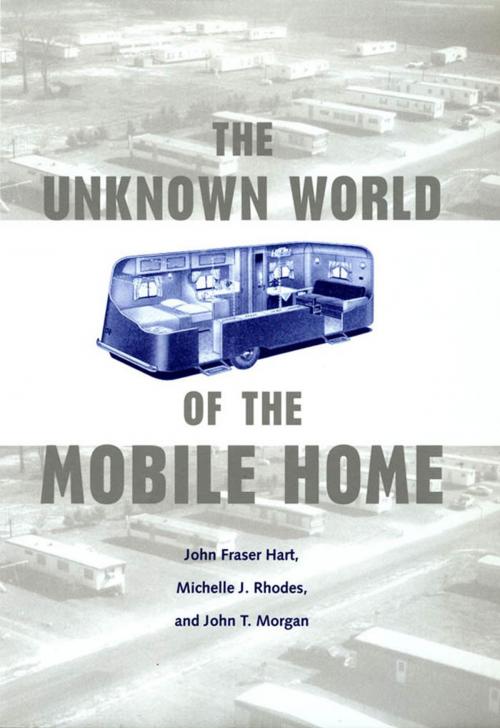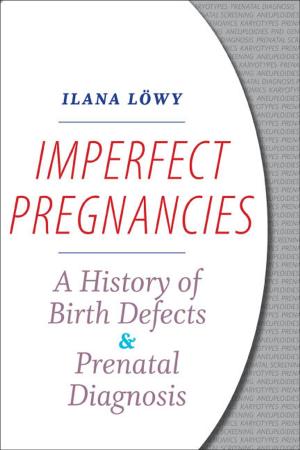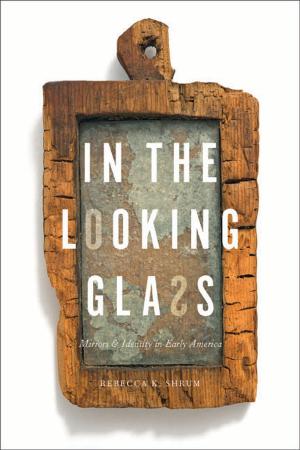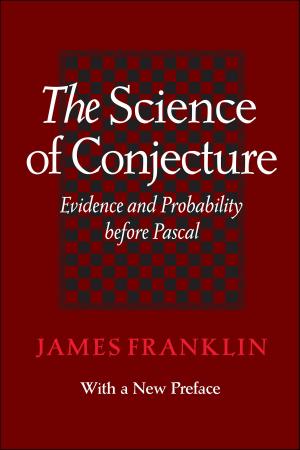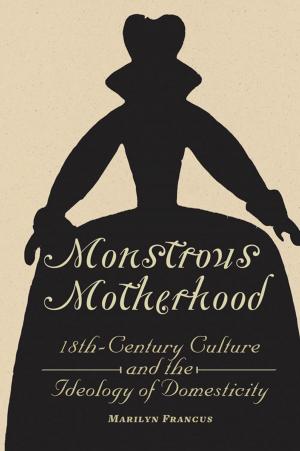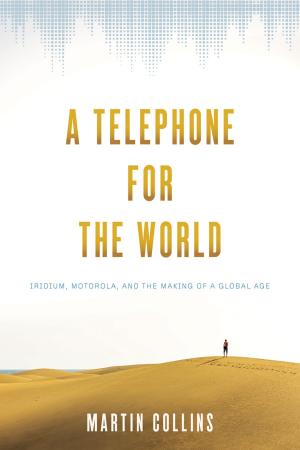The Unknown World of the Mobile Home
Nonfiction, Art & Architecture, Architecture, Landscape, General Art| Author: | John Fraser Hart, Michelle J. Rhodes, John T. Morgan | ISBN: | 9780801875830 |
| Publisher: | Johns Hopkins University Press | Publication: | December 15, 2009 |
| Imprint: | Language: | English |
| Author: | John Fraser Hart, Michelle J. Rhodes, John T. Morgan |
| ISBN: | 9780801875830 |
| Publisher: | Johns Hopkins University Press |
| Publication: | December 15, 2009 |
| Imprint: | |
| Language: | English |
In American popular imagination, the mobile home evokes images of cramped interiors, cheap materials, and occupants too poor or unsavory to live anywhere else. Since the 1940s and '50s, however, mobile home manufacturers have improved standards of construction and now present them as an affordable alternative to conventional site-built homes. Today one of every fourteen Americans lives in a mobile home.
In The Unknown World of the Mobile Home authors John Fraser Hart, Michelle J. Rhodes, and John T. Morgan illuminate the history and culture of these often misunderstood domiciles. They describe early mobile homes, which were trailers designed to be pulled behind automobiles and which were more often than not poorly constructed and unequal to the needs of those who used them. During the 1970s, however, Congress enacted federal standards for the quality and safety of mobile homes, which led to innovation in design and the production of much more attractive and durable models. These models now comply with local building codes and many are designed to look like conventional houses. As a result, one out every five new single-family housing units purchased in the United States is a mobile home, sited everywhere from the conventional trailer park to custom-designed "estates" aimed at young couples and retirees. Despite all these changes in manufacture and design, even the most immobile mobile homes are still sold, financed, regulated, and taxed as vehicles.
With a wealth of detail and illustrations, The Unknown World of the Mobile Home provides readers with an in-depth look into this variation on the American dream.
In American popular imagination, the mobile home evokes images of cramped interiors, cheap materials, and occupants too poor or unsavory to live anywhere else. Since the 1940s and '50s, however, mobile home manufacturers have improved standards of construction and now present them as an affordable alternative to conventional site-built homes. Today one of every fourteen Americans lives in a mobile home.
In The Unknown World of the Mobile Home authors John Fraser Hart, Michelle J. Rhodes, and John T. Morgan illuminate the history and culture of these often misunderstood domiciles. They describe early mobile homes, which were trailers designed to be pulled behind automobiles and which were more often than not poorly constructed and unequal to the needs of those who used them. During the 1970s, however, Congress enacted federal standards for the quality and safety of mobile homes, which led to innovation in design and the production of much more attractive and durable models. These models now comply with local building codes and many are designed to look like conventional houses. As a result, one out every five new single-family housing units purchased in the United States is a mobile home, sited everywhere from the conventional trailer park to custom-designed "estates" aimed at young couples and retirees. Despite all these changes in manufacture and design, even the most immobile mobile homes are still sold, financed, regulated, and taxed as vehicles.
With a wealth of detail and illustrations, The Unknown World of the Mobile Home provides readers with an in-depth look into this variation on the American dream.
